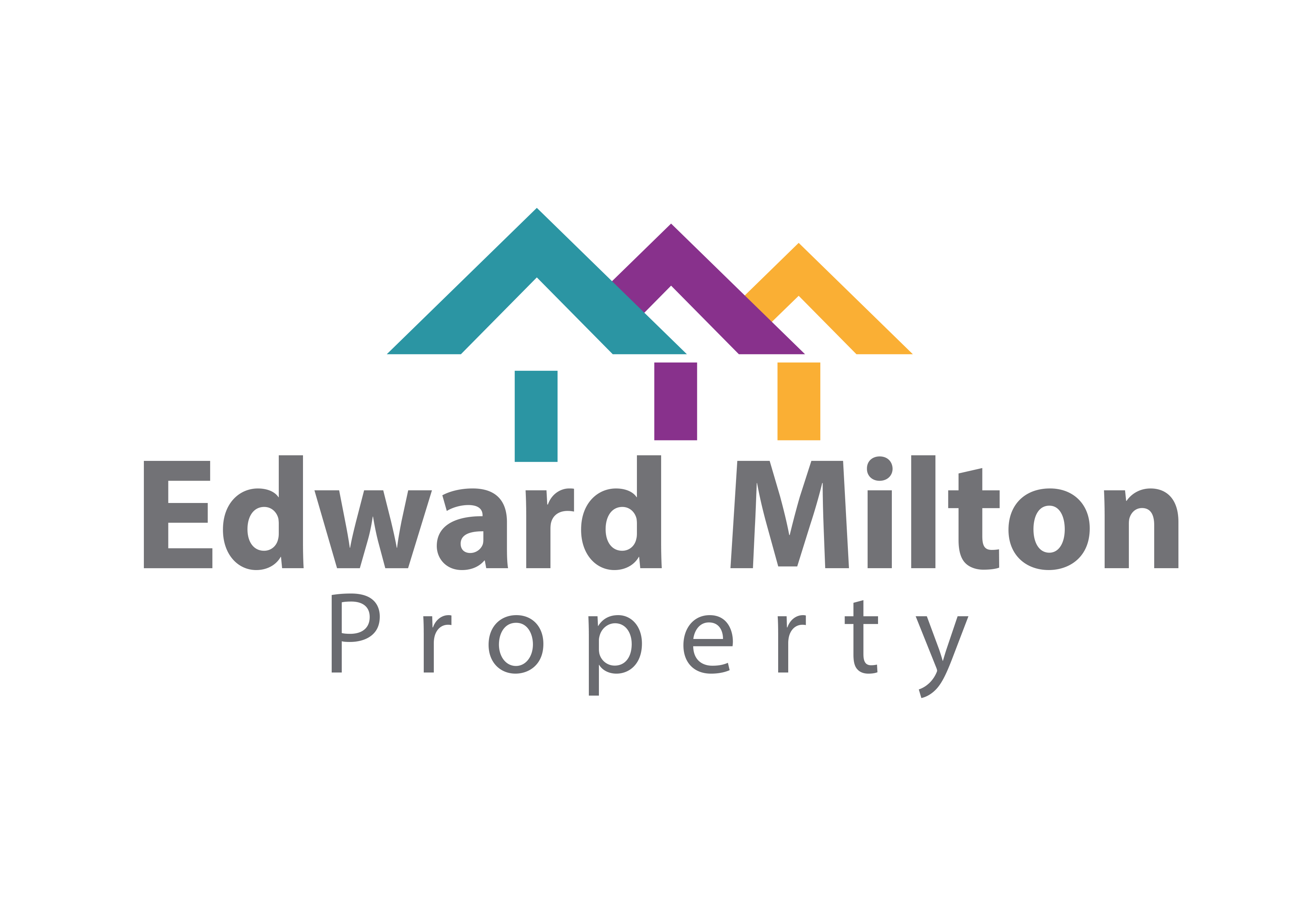Assisted Sale
An Assisted Sale can take many forms dependant on the vendors circumstances and motivations. Essentially this is an agreement whereby the vendor agrees a price with the investor, but the investor never actually purchases the property. Normally the investor will either carry out some essential works to the property, lend the vendor a sum of money to be able to move on or both. The investor will make their profit once the property is sold (on the uplift in value they have created less any costs). There can be many variations on this and the deal can be varied to ensure a win-win solution is created.
C3
C3 Dwellinghouses - this class is formed of 3 parts:
C3(a) covers use by a single person or a family (a couple whether married or not, a person related to
one another with members of the family of one of the couple to be treated as members of the family of the other), an employer and certain domestic employees (such as an au pair, nanny, nurse, governess, servant, chauffeur, gardener, secretary and personal assistant), a carer and the person receiving the care and a foster parent and foster child.
C3(b): up to six people living together as a single household and receiving care e.g. supported housing schemes such as those for people with learning disabilities or mental health problems.
C3(c) allows for groups of people (up to six) living together as a single household. This allows for those groupings that do not fall within the C4 HMO definition, but which fell within the previous C3 use class, to be provided for i.e. a small religious community may fall into this section as could a homeowner who is living with a lodger.
C4
C4 Houses in multiple occupation - small shared houses occupied by between three and six unrelated individuals, as their only or main residence, who share basic amenities such as a kitchen or bathroom
HMO
House of Multiple Occupancy – A house or other dwelling in which several different households are living, sharing facilities such as a kitchen or bathroom.
PD
Permitted Development - Permitted developments do not require approval from the local planning authority as permission is granted by the Order. These are generally minor changes to existing properties. Examples of permitted developments are: Certain enlargements or alterations to houses (not exceeding 50% of the curtilage), sheds and fuel storage containers (not exceeding 50% of the curtilage), certain porches, doors and windows amongst others.
Sui Generis
Certain uses do not fall within any use class and are considered 'sui generis'. Such uses include: betting offices/shops, pay day loan shops, theatres, larger houses in multiple occupation, hostels providing no significant element of care, scrap yards. Petrol filling stations and shops selling and/or displaying motor vehicles. Retail warehouse clubs, nightclubs, launderettes, taxi businesses and casinos.
